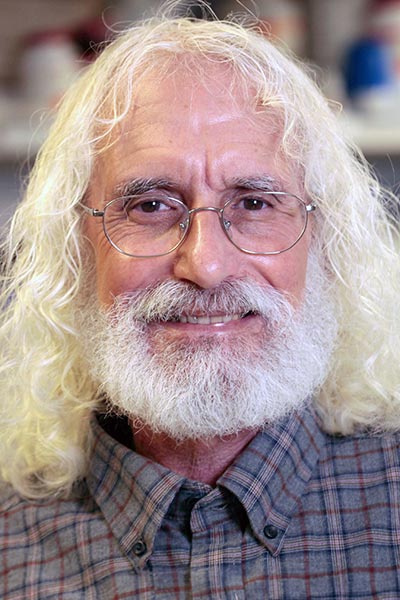Special session to outline strategies for sharing science with the public
//
Estimated Read Time:
Translating research breakthroughs into widespread, beneficial practice requires more than just solid science and good intentions. Communicating them effectively with the public and policymakers is more vital than ever.
The American Association for Cancer Research is supporting those efforts with a special session at the upcoming AACR Annual Meeting 2024. The session, Strategies to Effectively Communicate Science to the Public, begins Saturday, April 6, at 2 p.m. PT in Ballroom 6A in the upper level of the convention center.

AACR President Philip D. Greenberg, MD, FAACR, identified the topic as a critical issue after seeing the response to the rollout of the COVID vaccine. He was dismayed when a portion of the public expressed apathy or outright skepticism toward what he viewed as an enormous triumph of science—unprecedented collaboration and incredible new technology helping to mitigate a dangerous disease.
“It made us realize that there’s a disconnect here between our understanding of what we’re doing and why we’re doing it and how a very large fraction of the public perceives that,” Greenberg said.
In order to bridge that gap, he said, scientists need to treat public outreach like any other professional skill development. Many researchers have become more effective teachers by observing and modeling the behaviors of mentors. It is also necessary to seek out role models who can demonstrate effective scientific communication with non-scientists.
Five such experts will join Greenberg during the special session at the Annual Meeting to discuss the importance of effective communication and provide useful tips that attendees can take away. A panel discussion will follow their individual presentations.
- William G. Nelson, MD, PhD, Johns Hopkins Sidney Kimmel Comprehensive Cancer Center, will serve as moderator and will speak on the overall importance of sharing scientific advances with the public.
- Lisa A. Newman, MD, MPH, Weill Cornell Medicine, will offer insight into communicating with underserved communities.
- Mary C. Beckerle, PhD, FAACR, University of Utah Huntsman Cancer Institute, will discuss interacting with policymakers on research funding decisions and health care legislation.
- Bianca N. Islam, MD, PhD, MSc, Case Western Reserve University/University Hospitals Cleveland Medical Center, will focus on informing patients, caregivers, and other advocates.
- Clifton Leaf, Columbia Journalism School and the Ellison Institute of Technology, will talk about assisting journalists with accurate reporting.
The AACR also plans to extend this educational opportunity in the form of webinars and other formats in the future. Greenberg hopes those resources will not only help members break through scientific language barriers and encourage more impactful conversations between scientists and non-scientists, but also inspire scientists to engage more frequently in productive conversations with non-scientists to highlight the value and benefits of scientific investigation and progress.
“Sometimes we talk and then they say, ‘Can you repeat that in English?’” Greenberg said. “As we get more excited about what we’re talking about, we fall back into ‘science talk’ because that’s what we know.
“We need to understand how to explain that in ways that excite people, the same way we feel excited.”




